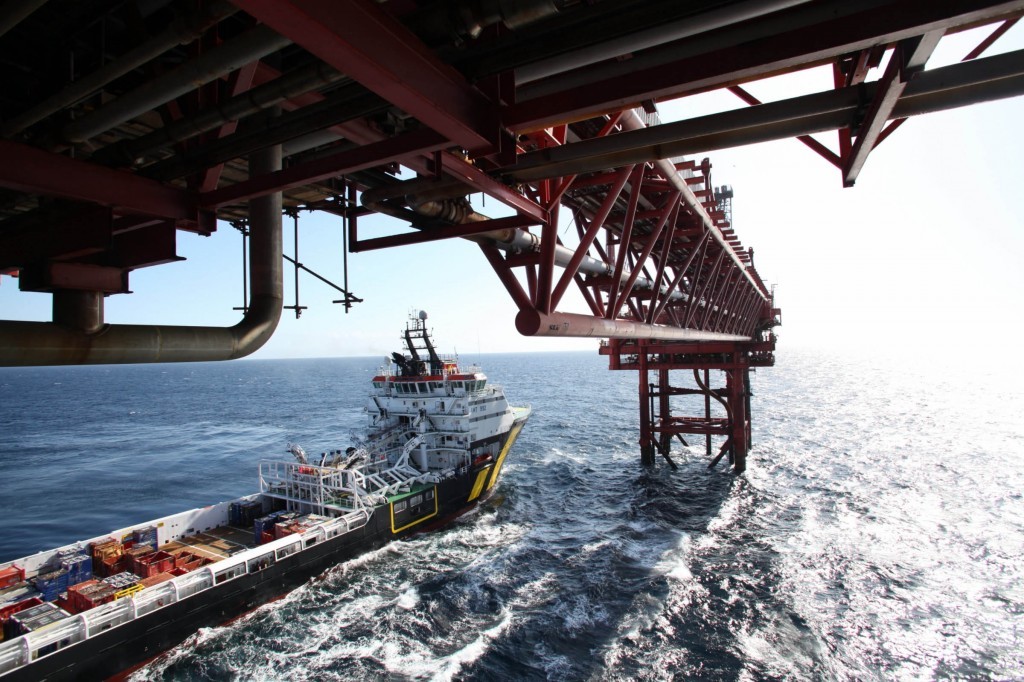
The former head of BP’s Aberdeen-based North Sea operation warned yesterday the UK oil and gas industry is facing an early death unless there is swift political action to prevent it.
Dave Blackwood, who retired from BP in 2009 and is currently a non-executive director with Granite-based energy service firm Expro Group, was speaking as reports in Saudi Arabia said the kingdom was prepared to increase its oil output and claim a bigger global market share, potentially putting further pressure on the UK industry after the oil price slump of recent months.
Adding his voice to widespread calls for swift tax cuts for North Sea operators, Mr Blackwood said: “Nothing less than radical change will prevent the premature demise of the basin, let alone maximise economic recovery.”
The Treasury is working on the details of its oil and gas tax policy reform but its drive to reduce the budget deficit will limit its ability to cut rates. An election next May only adds to the political uncertainty.
North Sea oil companies pay a supplementary levy on top of production income tax, which will drop by 2 percentage points to 30% on January 1.
The industry was crying out for steeper cuts to help dampen the impact of surging costs even before crude prices plunged to their lowest level in years.
Mark Routh, chief executive at London-based Independent Oil and Gas, said: “You’ve got to get the tax change right. If you put it up too much, and arguably that has happened, then it strangles activity.”
Efforts to find new oil and gas fields in the UK North Sea have slumped to the lowest level since exploration started in the 1970s because of reduced investment.
The plunge in oil prices have led to warnings the industry is “close to collapse”, although many experts insist it can bounce back.
Estimates vary for how long it will be before the price of a barrel of crude returns to levels where new projects become viable again.
But Saudi Arabia, the world’s biggest oil producer, has refused to cut production as it tries to grow its market share in America in the face of increased output from a buoyant US shale sector.
Yesterday, a Saudi newspaper quoted oil minister Ali al-Naimi as saying the kingdom was prepared to increase its oil production from 9.7million barrels a day if necessary.
At an Arab oil producers’ conference in Abu Dhabi on Sunday, he said Saudi Arabia would not cut output to prop up oil markets even if non-Opec nations did so, and that the best way to address conditions in the oil market was to “let the most efficient producers produce”.
